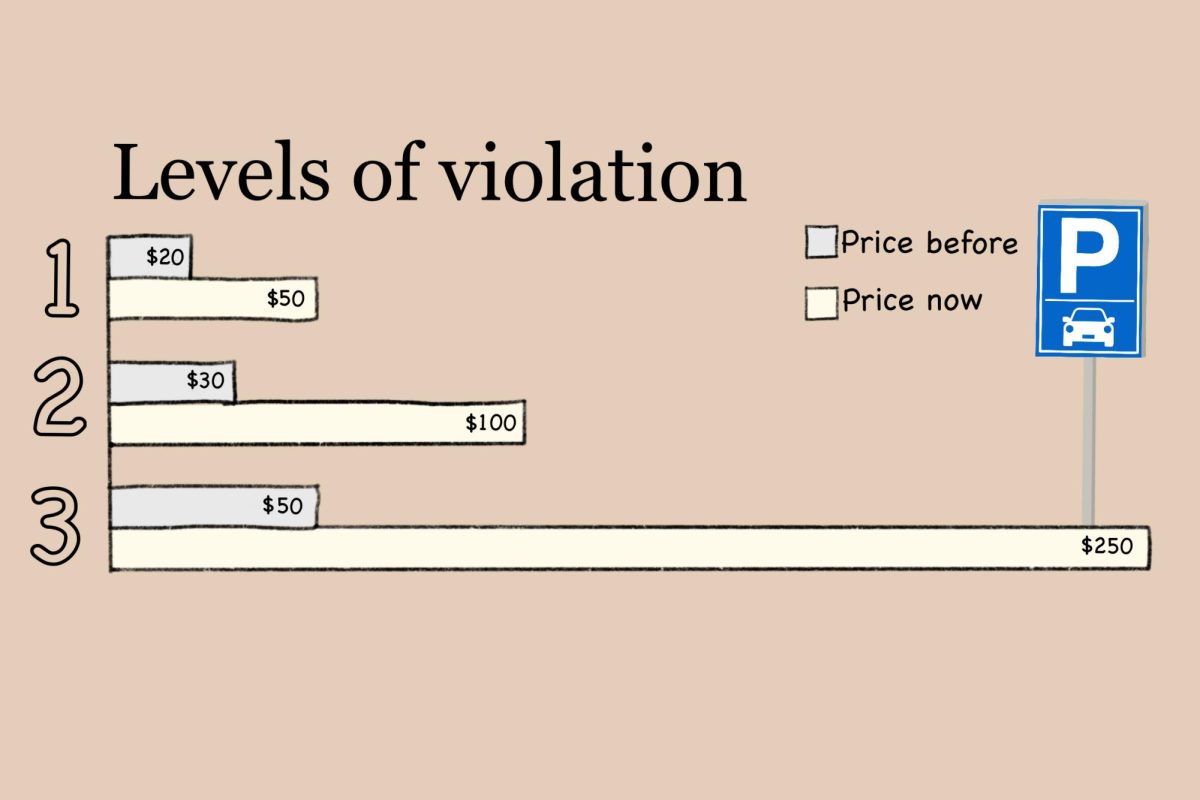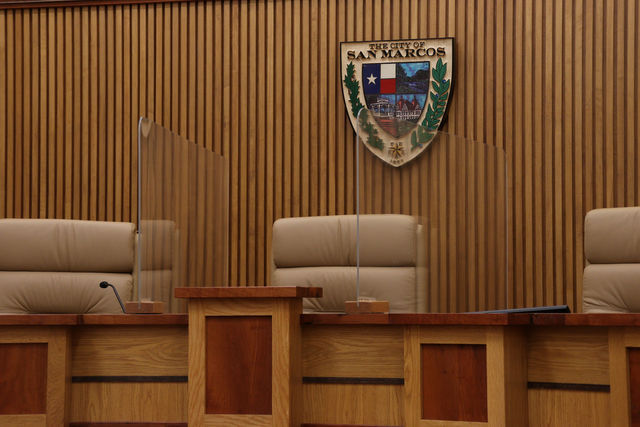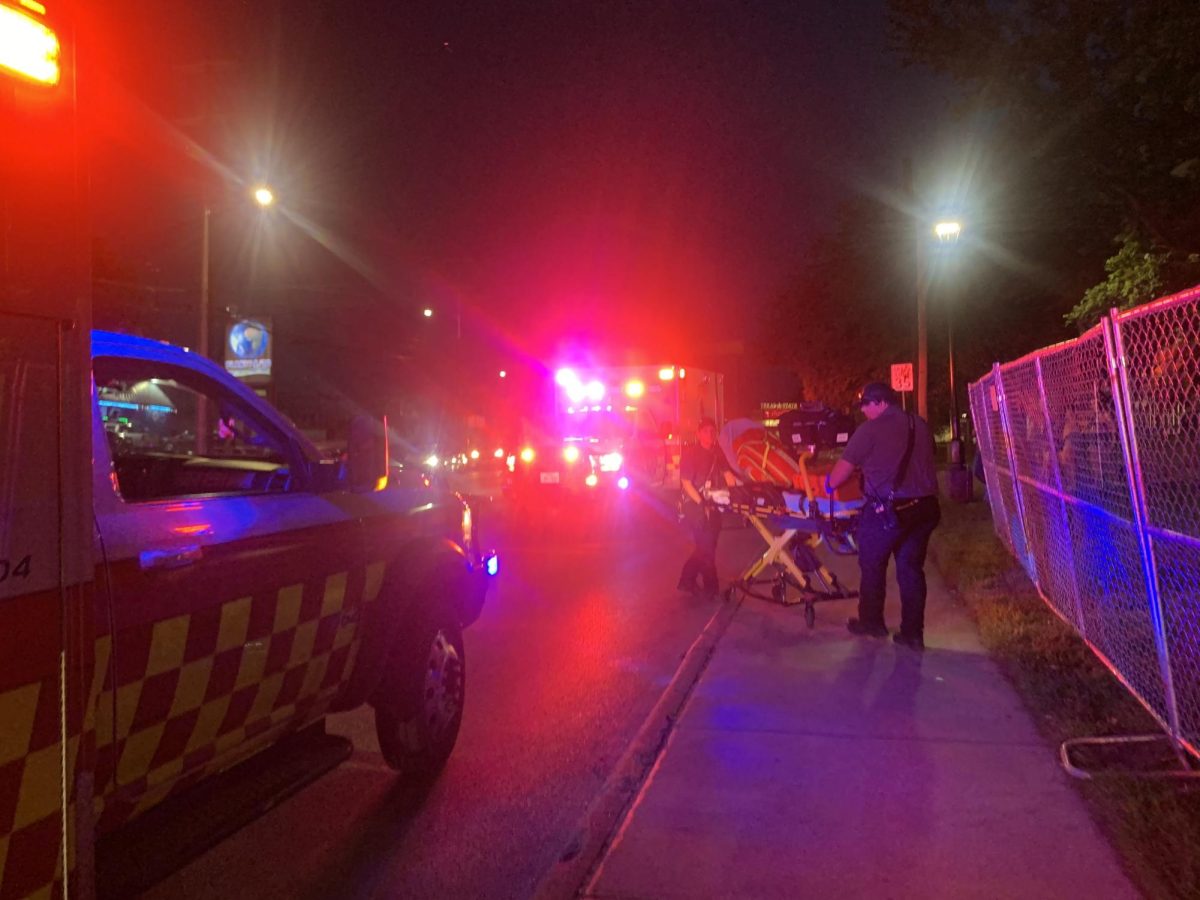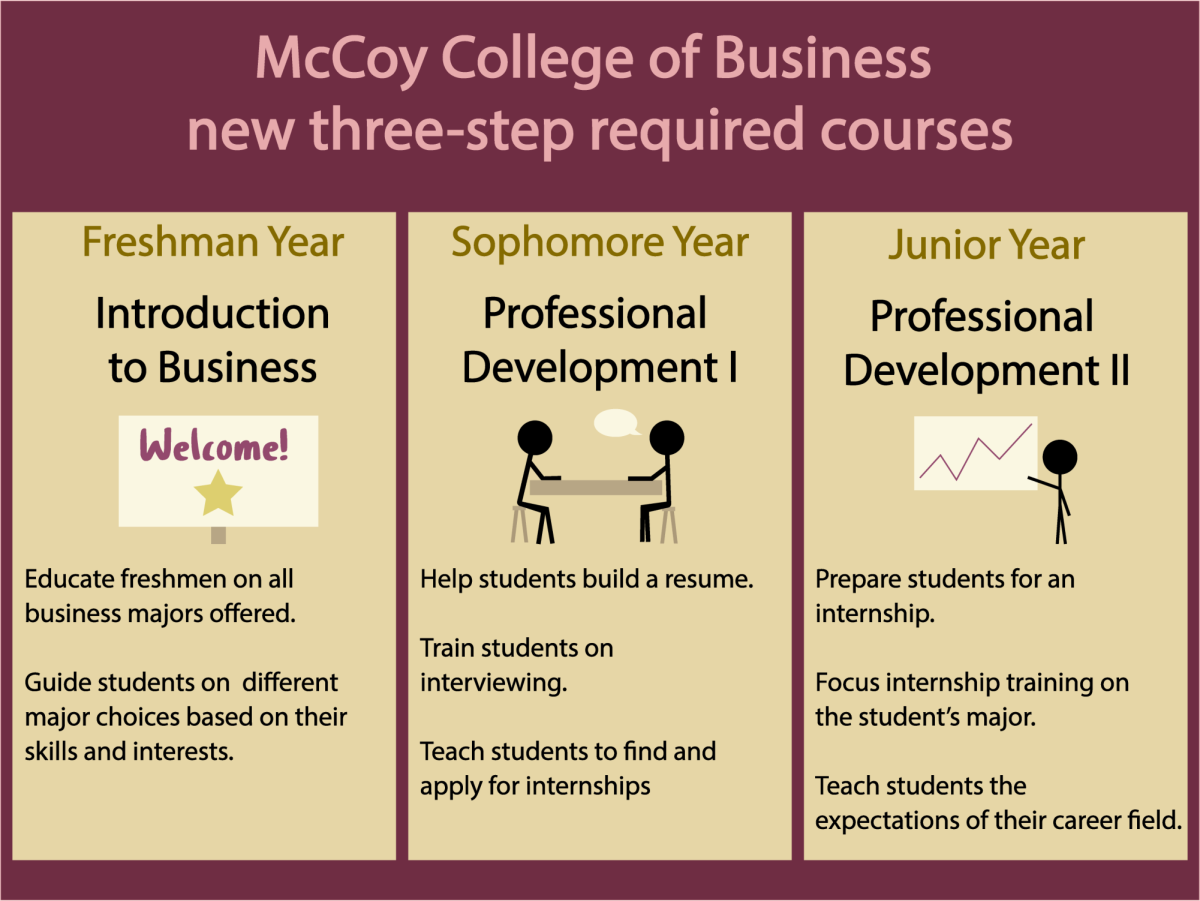Editor’s Note: the Title IX victim’s name has been changed to Jane Smith to protect their identity.
U.S. Department of Education Secretary Betsy DeVos’ unofficial proposal for new Title IX regulations could change how sexual misconduct reports are handled at public schools including Texas State.
Title IX prohibits discrimination on the basis of sex in education programs or activities operated by recipients of Federal financial assistance.
According to proposal documents obtained by the New York Times, schools will be able to choose which type of evidence to use when determining fault in Title IX cases. Additionally, schools would only be responsible for formal complaints filed through the official complaint process, and the definition of sexual harassment would be narrowed. Lastly, the incident must have occurred on school property for the school to investigate.
In 2011, the Office for Civil Rights published a “Dear Colleague” letter lessening restrictions on standards of evidence, transforming the mandate. Under Devos’ proposal, the rule changes would allow schools to choose their standard of evidence as a “preponderance of the evidence,” meaning the event is more likely than not to have had happened, or “clear and concise,” meaning the event is highly probable.
Texas State currently operates under the “preponderance of evidence” standard as outlined under Section 11.211-11.212 of the TSUS Sexual Misconduct Policy: “The Title IX Coordinator will make a written Finding as to whether: no reasonable grounds exist that the Sexual Misconduct Policy was violated and the matter is closed, or it is more likely than not that Respondent violated the Sexual Misconduct Policy, and the nature of the violation(s).”
Title IX Coordinator Ameerah McBride said under the proposed rules, the Office of Equity and Access, which houses Title IX, would not be obligated to investigate a claim unless a formal complaint is made. Currently, Title IX is required to investigate all claims made to its office, whether formally or not. The University Star reported in April 2018 there were nearly 50 Title IX reports made at Texas State to the Office of Equity and Access during the 2017-18 school year.
“[Currently,] we get complaints from resident assistants, faculty members, police officers and others,” McBride said. “If the new rules the Department of Education are proposing come into play then we would only be able to receive complaints from a much smaller group of people.”
McBride said the Texas State University System currently requires all faculty and staff, with few exceptions, to report instances of sexual misconduct, discrimination or harassment. Under DeVos’s proposed rules, the only employees who would be considered responsible employees and have to report these instances would be those who could take corrective action, such as termination or expulsion.
For example, but not limited to, the Dean of Students’ office would be required to report student violations and a chair of a department would be required to report faculty and staff violations, according to McBride.
“The system may say, ‘We’ll keep the rules (for responsible employees) in place,’ or the system may say, ‘We’re going to limit (the rules,)’ but that’s something they’re going to have to decide at a system level,” McBride said.
Texas State student Jane Smith said after her sexual assault in 2017, a faculty member she confided in reported the assault to the Office of Equity and Access. After being called to file a formal complaint with the office for investigation, Smith said she ultimately declined due to not wanting to face her attacker.
“I did not pursue (the) investigation after (Title IX) told me I was going to have to attend meetings which could possibly result in (my assaulter) being there. They told me there was very little they could do to protect me,” Smith said. “Ultimately, I believe (DeVos’) new possible rules would make it much harder for women to want to report.”
As proposed, schools could choose whether to offer an appeal of the finding to the complainant or respondent. Texas State currently allows appeals under Section 14.1 of the TSUS Sexual Misconduct Policy, which states either party has the right to appeal if dissatisfied with the outcome.
The rules would also change the definition of sexual harassment to “unwelcome conduct on the basis of sex that is so severe, pervasive and objectively offensive that it denies a person access to the school’s education program or activity.”
Additionally, schools would only be responsible for on-campus sexual misconduct cases. McBride said Equity and Access, under the new proposed changes, would not be obligated to investigate off-campus misconduct. Currently, Texas State is responsible for investigating reported sexual misconduct that happens on and off campus.
“Looking at our institution, where the majority of our students who are not first-year, first-semester freshman they’re probably going to be off campus, so we’re not investigating issues that occur off campus (under the proposed rules),” McBride said. “We’re omitting a huge part of our population from getting a resolution for handling those concerns. That represents a significant departure from the work that we currently do.”
Secretary DeVos stated September 2017 in prepared remarks at George Mason University the current Title IX system is failing victims, the accused and schools, and made it hard for lawyers to understand current rules.
“Every survivor of sexual misconduct must be taken seriously,” DeVos stated. “Every student accused of sexual misconduct must know that guilt is not predetermined. These are non-negotiable principles. Any school that refuses to take seriously a student who reports sexual misconduct is one that discriminates. And any school using a system biased toward finding a student responsible for sexual misconduct also commits discrimination.”
The proposed rules also include initiatives for the support of victims to ensure they stay in school including, “counseling, deadline extensions, changes in class schedules, campus escort services, mutual restrictions on contact between the parties, changes in housing, leaves of absences or increased security and monitoring,” according to The New York Times article.
Alberto Betancourt, press officer for the U.S. Department of Education, stated in an email the changes to Title IX regulations have not been officially proposed.
“The Department encourages the public to check the Office of Management and Budget’s Unified Agenda website for updates regarding estimated publication dates for the Department’s notice of proposed rulemaking,” Betancourt stated. “Once the proposed rule is published, it will be available on www.regulations.gov, including the deadline for the public to review and submit comments.”
Reports of sexual misconduct, discrimination and harassment can be made directly to the Office of Equity and Access online or by phone at 512.245.2539.















